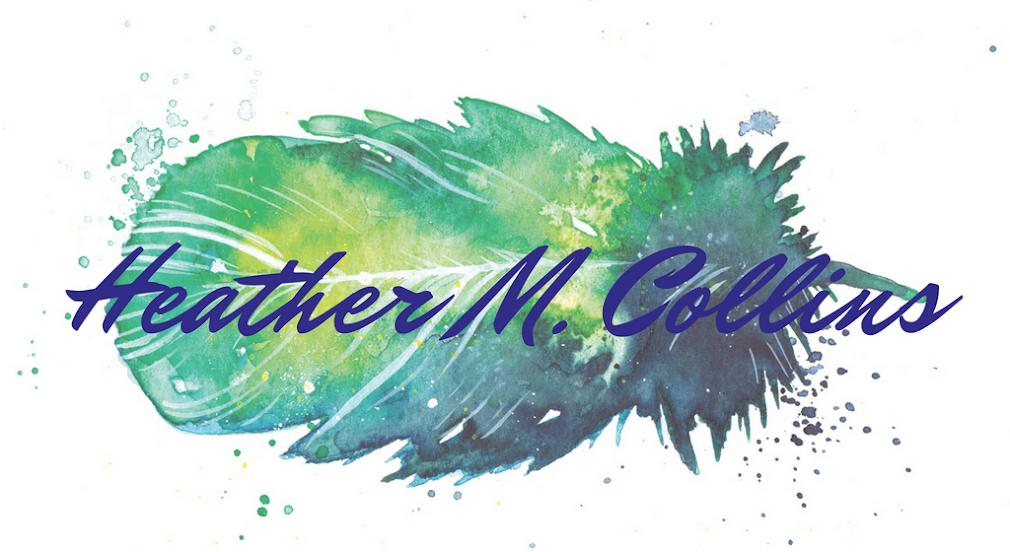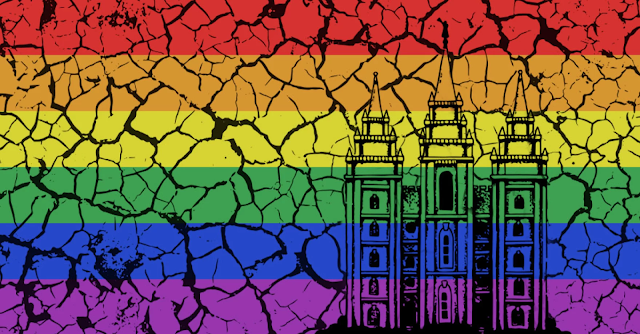I wasn't listening to general conference yesterday because husband and I have taken up typewriter collection and repair as a COVID-19 hobby. We took a brief trip down to Utah to find new machines and visit with friends, stopping at antique shops in towns and cities between Boise and Salt Lake City. We got in last night.
We are zealots when it comes to masking, hand washing, sanitizer, and taking every precaution we can to be safe and to allow others to be safe in our presence. In several places we stopped in Utah and Idaho, we were alone in that sentiment.
This summer in Idaho has been difficult. Armed counter protestors have made the city I live in feel like there is no refuge here except in my own house. When the mayor of Boise instituted a mask mandate, right wing protesters showed up in person to take the masks our tax dollars have paid for and burned them in the street. We had Ammon Bundy showing up here with unmasked, armed resistance in opposition to COVID-19 restrictions. He and his supporters stormed the capitol building multiple times and he had to be forcibly removed.
The life altering moment for me, however, was when Black Lives Matter tried to have a peaceful protest downtown. Armed groups, intending to commit real violence, made it necessary to cancel the event. As a precaution, the mayor urged BLM protestors not to show up at City Hall where their protest was supposed to take place. But police were mobilized anyway in case violence erupted on site.
My husband was working traffic control remotely for that incident. He received images of police with high caliber rifles, ready to open fire on the public at that protest if things went sideways.
So, when I heard President Oaks' talk condemning violent protest, I'll be honest. Rioters and looters from BLM were the furthest people from my mind because we never experienced that here. That's not who initiates violence and chaos where I live. Militia groups, Trump supporters, and far right factions in the Idaho Republican party are the ones who engage in violent threats and armed resistance in Idaho. Those are the groups who stand condemned by President Oaks in my city.
Is it understandable to me that other people specifically felt like he was targeting Black Lives Matter with his remarks? Of course. He didn't choose to be explicit in the groups he was condemning. Being vague means he lost control of his message.
But is that the only way to interpret much of what he said? No.
I wish he would've been more clear to avoid misunderstandings like these. Being vague risks deepening the divisions that are already at a breaking point in so many communities in this country. I am glad that the leaders of the Church are making attempts to confront the polarization and violence spreading across the planet. It's long past due, given that right-wing prejudice is being perpetuated by our own.
I saw a criticism about them not providing us with any kind of concrete actions to eliminate racism in our congregations. I understand the desire for this. Based on some of the people I met in northern Utah on my trip, I can promise you it wouldn't help. The people who most need to be confronted about racism and prejudice aren't going to be in settings where they will receive that correction. The rare few who are will not be ready in this moment to metabolize it.
Confronting racism in yourself begins with uncomfortable, honest self-reflection. It involves an unflinching moral inventory of yourself and your actions. I would argue there have already been calls for this from multiple speakers. I wouldn't call that nothing or insignificant, even if it is ultimately ineffective.






